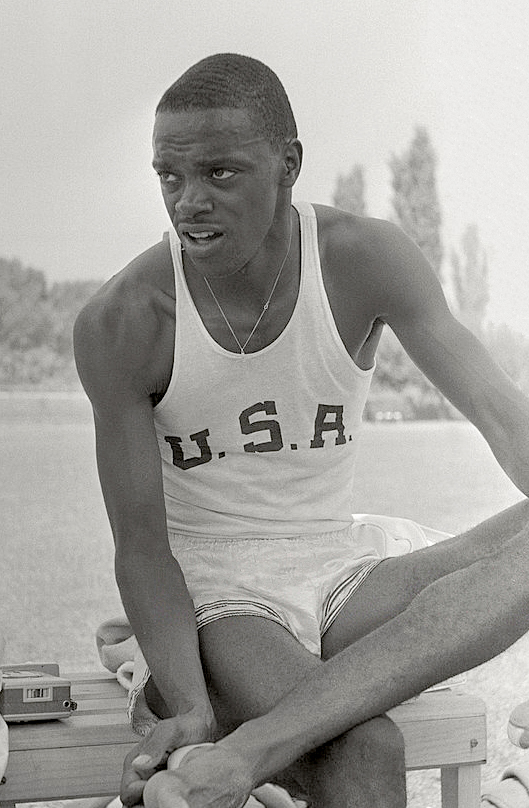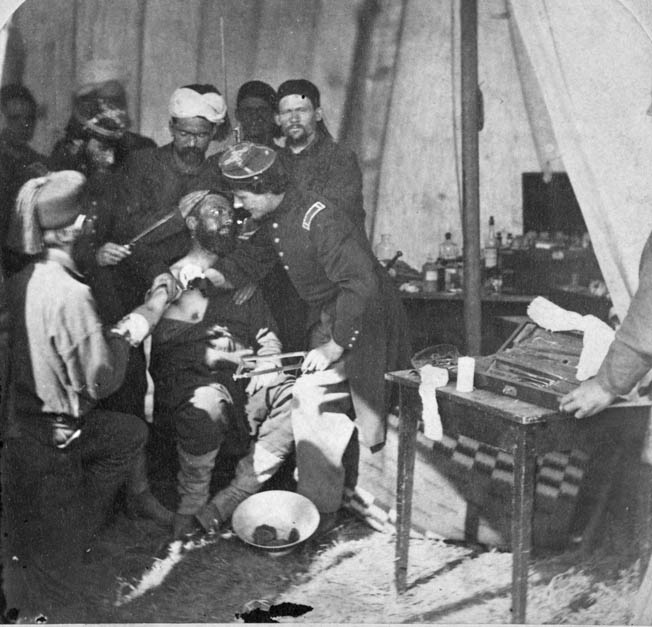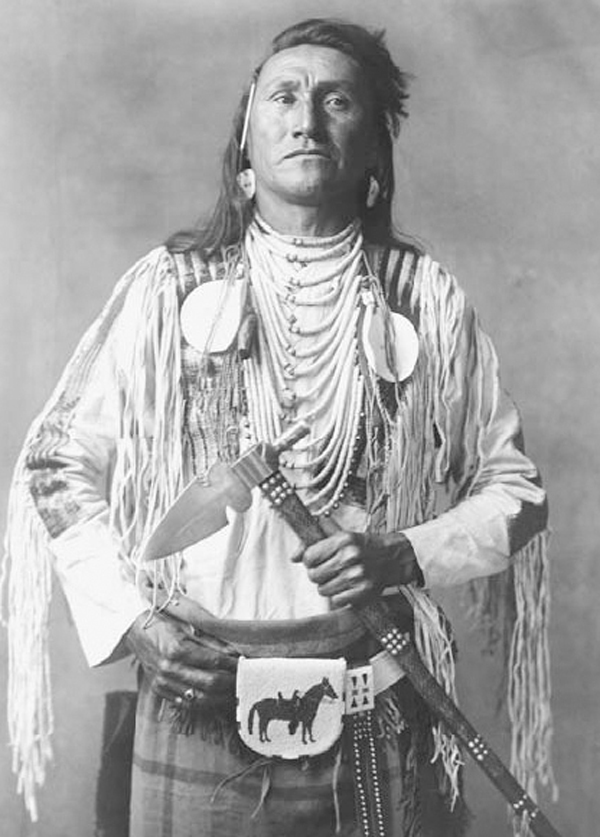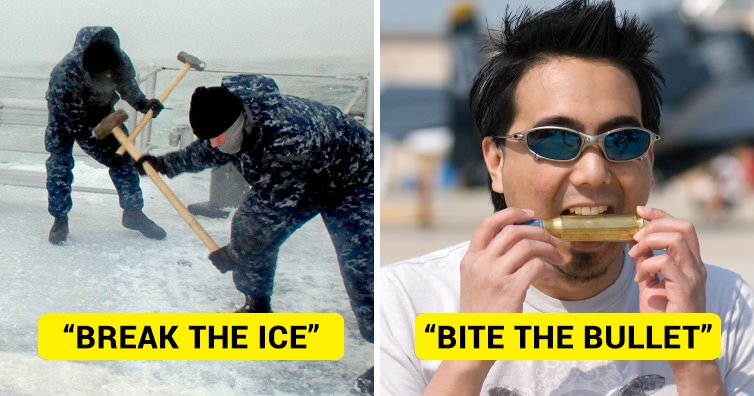We all use a lot of expressions in our every day life that we don’t actually know their true origins. In this article, we’ve gathered 5 of the craziest idioms and try to shed a light on their interesting background story:
5. Break the ice

“Do something to relieve tension, make a move or say something to get conversation started when people meet for the first time”
Back in a time when ships were the only way of transportation and means of trade, some ships would occasionally stuck on polar regions due to ice formation. To help them, the receiving country was sending ships that were equipped with ice-breaking equipment to clear the way and allow the ship to continue its journey. (the article continues after the ad)
4. Turn a blind eye

“To knowingly ignore situations, facts or something you know its real”
Admiral Horatio Nelson was a British Naval hero who had one blind eye. In 1801, Nelson led the British fleet against the joint Danish/Norwegian forces in the naval battle of Copenhagen. During the battle, when he was signalled to disengage and stop attacking Danish ships, Nelson, who wanted to continue the battle as he was sure that he was going to win it, intentionally held the telescope to his blind eye and famously said “I really don’t see the signal”. He continued the battle and won.
3. The whole nine yards

“Everything, all of it, the whole”
Even though there are a lot of proposed origins for this idiom, none of the theories is backed up with evidence. Despite being in existence since at least 1907, it seems that it wasn’t widely used before 1961. The expression started gaining popularity after a 1961 newspaper headline that read “Boston goes the whole nine yards” that was used to report the accomplishment of American athlete Ralph Boston who broke the long jump record of 27 feet 1/2 inch (8.24 m).
2. Bite the bullet

“Accept and have the strength to face something difficult or inevitable”
Back in the old days, when doctors didn’t have effective anaesthetics to give to soldiers during a battle, they would give them something to bite down in order to help them endure the pain. Sometimes, this ‘something’ was a bullet covered in clothes, hence the expression “bite the bullet”.
1. Bury the hatchet

“To end the conflict and make peace, settle your differences”
This phrase dates back to an era when Native Americans were in conflict with Puritans. When negotiating peace, Native Americans would literally bury all their weapons (hatches, knives, tomahawks, clubs) to make them inaccessible and convince their enemy of their good will.
If you like what you read, then you will definitely love this one: “As Mad As A Hatter”, “Break A Leg” And 3 More Expressions With Crazy Origins
Main Article Photo: Official U.S. Navy Page / Flickr, hydropeek / Flickr
Photoshop: I’m A Useless Info Junkie
Sources: 14 Expressions with Crazy Origins that You Would Never Have Guessed | The meaning and origin of the expression: Break the ice | The meaning and origin of the expression: Turn a blind eye | The meaning and origin of the expression: The whole nine yards | The meaning and origin of the expression: Bite the bullet | The meaning and origin of the expression: Bury the hatchet | Oxford Dictionary of English Idioms



